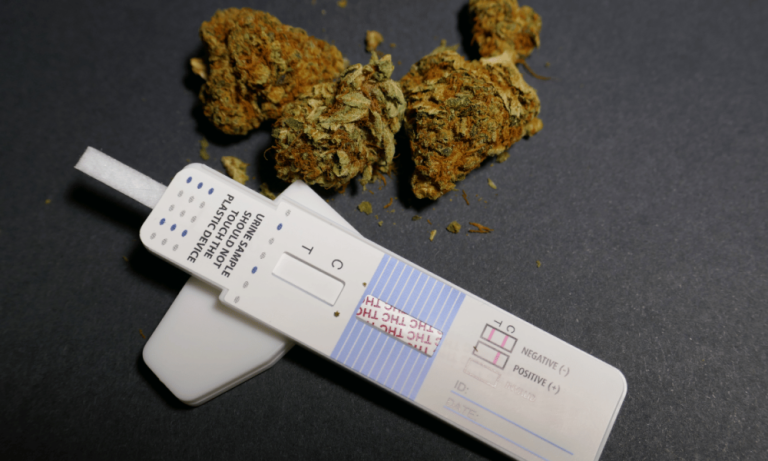Researchers investigating the rates of drug testing in newborns in the US found that Black babies were disproportionately more likely to be tested than White, pointing to ‘structural and institutional racism’.
A new study published this month reveals that clinicians were more likely to carry out newborn drug testing in Black babies than those who were White or of other ethnic heritage.
Both before and after statewide legalisation of recreational cannabis, clinicians ordered newborn drug tests more frequently for Black newborns when no drug testing was done during pregnancy.
Those behind the study are now calling for further exploration into how structural and institutional racism may lead to the disproportionate reporting of Black parents to Child Protective Services (CPS).
With cannabis now legally available in a growing number of US states, statistics show an increase in consumption during pregnancy.
Previous research has shown that many women turn to cannabis during pregnancy for medicinal reasons, such as to manage sickness and nausea or to treat existing medical conditions.
There is very little evidence on the effects of cannabis use during pregnancy, although some studies have indicated that it may increase the risk of the baby being born prematurely and/or lower birth weight.
According to the paper, in the state where this study was conducted a CPS report is mandatory following a THC-positive newborn drug test. This is despite a lack of studies demonstrating that cannabis use in pregnancy increases the risk of child abuse or neglect.
Black newborns a third more likely to be drug tested
A team of researchers looked at data from over 26,300 births between 2014-2020, at a medical centre in the Midwestern United States.
The findings showed that Black newborns had 31% higher odds of being drug tested compared with White.
The incidence of newborn drug test ordering was 4.7% overall when the birthing parent had no prenatal urine test, indicating a low-risk of a positive result. Black newborns were tested at a rate of 7.3% compared with only 1.9% in those with White parents.
Further analysis looked at the proportion of positive tests for each substance class across race and ethnic groups.
Overall just under half of the tests (43.3%) were positive for only THC. Drug tests were more likely to be positive for opioids in White (22%) compared with Black (9.4%) and more likely to be positive for THC in Black (67%) compared with White (52%).
The researchers found that the differences remained consistent even after the state legalised recreational cannabis in 2018. However, newborn drug tests were more likely to be positive for THC after legalisation compared to before.
Institutional racism and the legacy of White supremacy?
According to the paper, a number of previous studies with data spanning 1998 to 2018 have also found higher drug testing rates for Black newborns.
“Our study adds to evidence suggesting that structural and institutional racism contribute to over-testing Black newborns and possible subsequent over-reporting to CPS,” the authors say.
They go on to call for ‘urgent changes’ to drug testing policies in order to focus on ‘justice for Black mothers and babies and their families.’
They conclude: “We view over-testing of Black newborns as a legacy of the culture of White supremacy in reproductive health care in which the conduct of Black women, specifically regarding prenatal substance exposure, is criminalised via the CPS system.
“Our findings strongly suggest that changes in policies regarding drug testing and reporting at the hospital and state level and improvement measures focused on the health, well-being, and dignity of Black birthing people are needed to reduce health inequity for Black parents and their newborns.”
